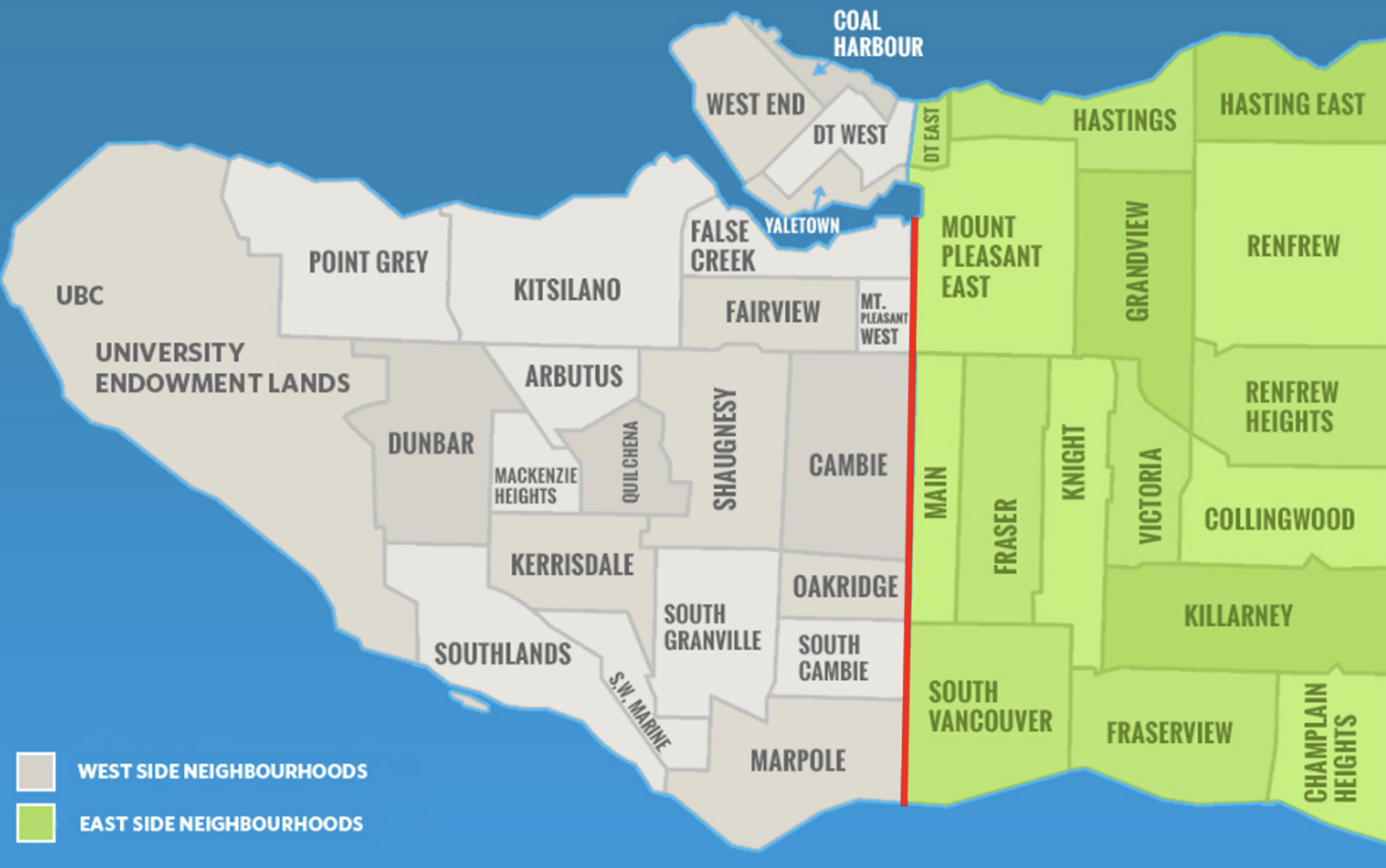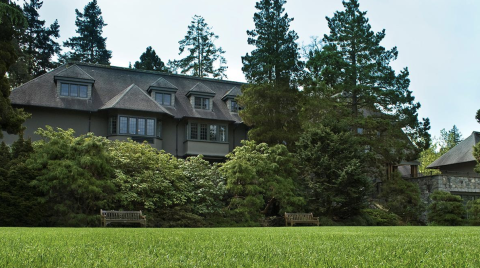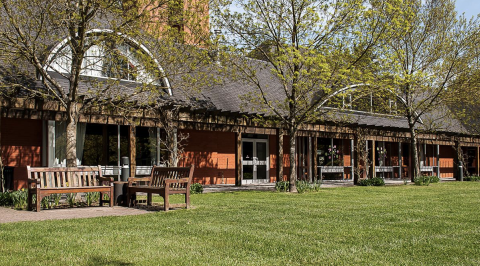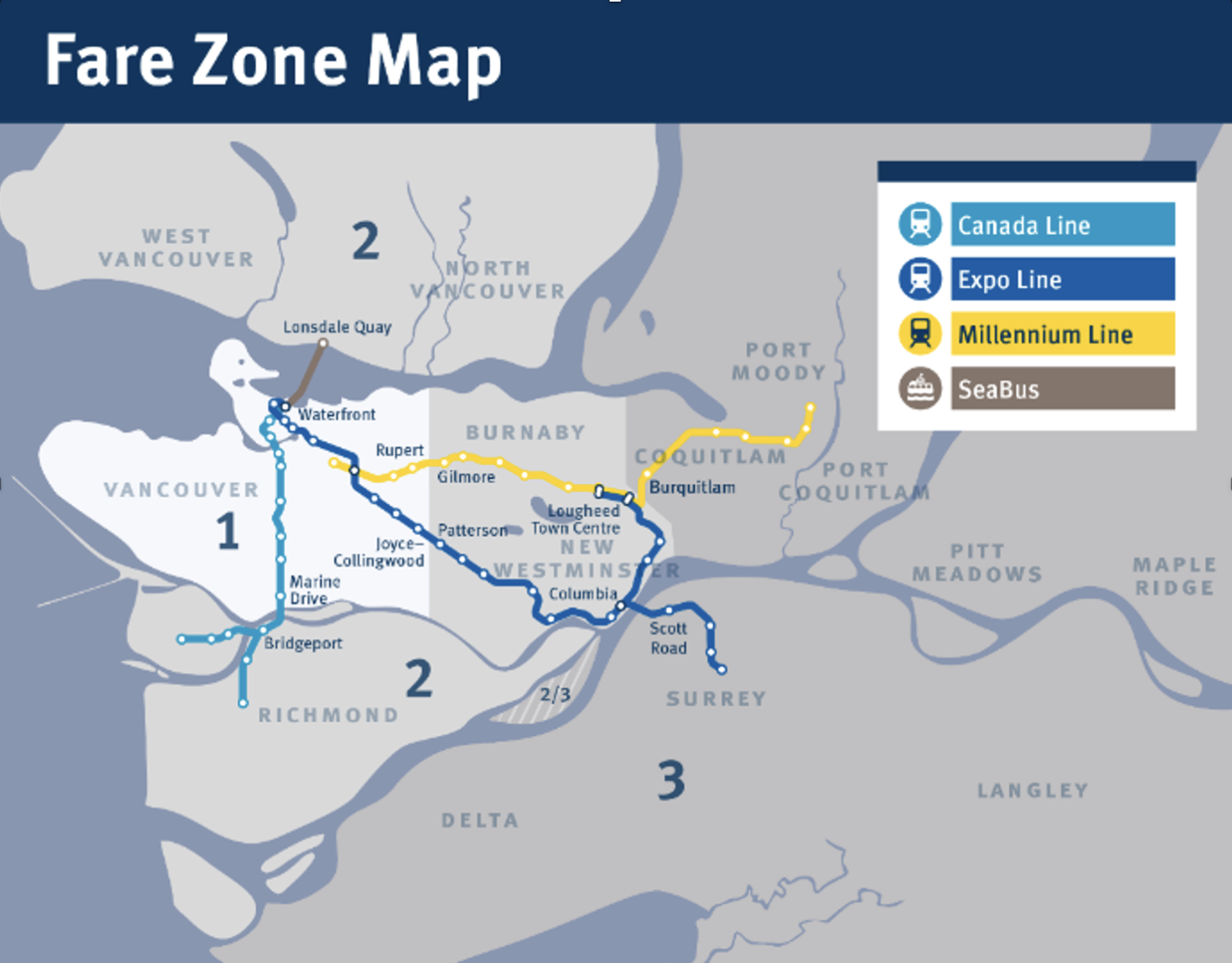Guest post by Phoebe Lee (written when she was a master’s student in Higher Education, she graduated in August 2024)
Finding a nice place to call home is crucial for a successful graduate school journey. In this blog, we’ll guide you through student housing, on-campus housing and off-campus housing and offer tips on securing your new pad. We’ll also cover the popular neighbourhoods for grad students and break down on-campus housing.
UBC Student Housing (on-campus and operated by UBC)
There is extremely high demand for UBC student housing, so it's essential that you apply early. Did you know that you can actually apply for housing before receiving an offer letter? If you are focused on UBC for your graduate studies, be sure to apply as early as possible, ideally immediately after your program application submission.
Now let’s take a closer look at the various UBC Student Housing options. For graduate students these are:
- Year-round housing
- Winter housing
- St John’s College and Green College
- Student Family Residence—Acadia Park
Year-Round housing
Year-round housing is the option in highest demand for graduate students because the contract can be renewed each year until graduation.
Winter housing
UBC's "winter session" refers to the two academic terms from September to April. Students can apply for winter housing, which covers the entire session, for a non-renewable September through April housing contract. The application deadline for winter housing is May 1.
The housing page for graduate students suggests a few tips for applying for UBC’s on-campus housing.
- Combine your applications. If you are eligible for winter, apply for winter session as well as year-round housing in one application, i.e. only one application fee will be charged. You may succeed in receiving winter-session housing which would allow you stay on the waitlist for year-round housing and hoping for an offer of permanent housing for May 1 of the following year.
- The earlier the better. Apply for housing as you’re applying for your program. For family housing apply before your program application.
- Be selective but not restrictive. Specify your choices on your application, but don’t limit your choices to one or two residences.
St John’s College and Green College
St John’s College (SJC) and Green College are on-campus colleges, sometimes referred to as residential graduate colleges. These colleges are built to foster community-building between graduate students. SJC has a largely international student base, and Green College has an interdisciplinary student body.
Green College (pictured above) and St. John's College (pictured below)
Graduate colleges also house many visiting scholars and postdoctoral researchers and are a great way to participate in a community. Each college has different room choices, usually single rooms for one occupant, for the maximum amount of privacy for your work and living spaces, compared to year-round housing’s limited amount of one-bedroom suites and studios. The privacy, however, comes at a cost for meal flexibility. The rooms in both colleges do not come with kitchens, and meal plans for the college’s dining services are mandatory. Keep these factors in mind when you are choosing your residence if you value privacy and personal space or the ability to cook for yourself.
Student Family Residence—Acadia Park
Acadia Park is open to couples that include at least one UBC student or students with children 18 and younger. The maximum tenancy for this residence is four years, and there are many nearby facilities such as child care, schools, and green spaces. Acadia Park is a place where families and students can build tight-knit communities and enjoy what UBC has to offer.
On-Campus Private Rentals (not managed by UBC Housing)
There are many on-campus private housing options that are popular with students. For instance, there are many private residences near the Law Building, or near Great Dane Coffee, that are privately owned. The UBC Grad page on market rentals lists Westpoint in Chancellor Place, University Market Place in University Village, and Greenwood Commons in East Campus, as places to consider if you’re hoping to live on campus. Wesbrook Properties manages several different buildings on UBC campus and has a vacancy list as well as waitlist options on its website. Wesbrook Village is located on campus, but just a 5-minute bus ride and main academic buildings.
On-campus private rentals can be a good option for students who want to stay close to campus, but require options that UBC Housing does not offer, such as pet-friendly accommodation or certain apartment configurations. . This is also a good option for students who were unable to get graduate housing but still want to live on campus. However, keep in mind UBC Housing is priced lower than market value, so on-campus private housing will be a more expensive than UBC student housing.

Off-Campus housing in Vancouver and the suburbs
Many students choose to live off campus. Vancouver suburbs are very bike friendly, and it is possible to bring your bike onto the bus, making transit an easy option for lots of students. There are many things to consider in a neighbourhood, including transit time, access to community centres, proximity to shops, etc.
Housing search tips for students
- Search on reputable websites. Websites such as rentals.ca, padmapper, and Craigslist are a few of the sites popular with students. There are also Facebook groups dedicated to searching for rental properties near and on campus that students use as well. Some Facebook groups are specifically dedicated to UBC graduate students, if that is your preference.
- Use caution when looking for a rental, since there could be misinformation on certain websites. Be sure to do your own research when looking at properties, and be suspicious of overly high or low rental prices.
- Always tour the property and ask questions. Another sign of a reputable rental would be an offer to tour the property. If the landlord or the agent denies a tour, this could be a sign of dishonesty or worse issues. Never agree to give a deposit without seeing the property. If you are not in Vancouver yet, ask for a virtual tour or look at the multiple photos and videos touring the property. You can request a landlord to FaceTime. This can be a really easy way to verify potential housing while living overseas. Touring the property also gives you a sense of the environment and whether you should proceed with the rental application. This is another way to protect yourself and to ensure that you will be living in a comfortable situation. During the tour, you can make sure that there is no miscommunication between you and the landlord and check for anything broken or missing within the rental.
- Additionally, have some questions in mind to ask your landlord. Not only does this show interest in the unit and help you decide if it’s right for you, but this also proves that you have your boundaries and won’t be taken advantage of easily by the landlord. Some sample questions could include:
- Does the rent include utilities (heat, electricity, etc.)
- Is Wi-Fi included?
- Are there restrictions on pets?
- Is there storage for my bike? Is there a parking spot for my car?
- Are there laundry facilities in the unit or in the building?
- Is a security deposit required?
- Look for housing in advance
-
Definitely start looking for housing at least 3-4 months in advance, as this should give you plenty of time to prepare for a move. You need to learn about UBC’s housing market, the city and its transportation network, your rights and responsibilities as a tenant and much more. You also need to account for timelines how long it will take to setup a Canadian bank account which requires a Social Insurance Number (SIN).
If you are looking to sign a contract/lease yourself (not sharing an apartment) keep in mind that BC laws specify a 30-day notice to vacate a property. In most cases, you have to give notice on the last day of the month to vacate by the end of the next month, e.g. if you want to move out you have to give notice on or before 31 of March to move out April 30. Hence, apartments in Vancouver move really on short-notice and quickly. Often it might not make sense to look more than 8 weeks in advance of your planned arrival date. For a September start many offers will be posted July/August. It is advisable to monitor sites such as Craigslist several months your actual arrival to get a feel for the market.
It can be easier to secure alternative short-term accommodation for your arrival to allow for house hunting. This can take a number of different forms, such as short-term rentals (e.g. VRBO, AirBnB), sublets from other students (check sublet forums on Facebook), Homestay or similar.
If you don’t wish to sign your own contract, timing may be more flexible. If you for example intend to move into a house rented by someone else and just occupy a room or part of the house, such options could be secured much earlier in advance, especially if you are enquiring with other students who will know well in advance when a roommate may finish their studies or plans on moving out.
The Accommodation forum in the Graduate Student Community is also a good place to look, as graduating students post rentals for incoming students.
-
- Make a case for yourself. If you are new to Canada as an international student, you need to be prepared to convince potential landlords of yourself being a great tenant. Landlords often wish to make credit checks which will be difficult for out-of-country applicants who don't have Canadian credit history. Bringing evidence that you can share with a landlord when you apply for housing can be very useful, such as
- References from former landlords that speak to you as a tenant and reliability of rent payments
- Contact details of former landlords who would be willing to speak to a landlord in Canada about you
- Bank statements that could help convey that you are able to afford a place
- References from other contexts, such as professional or work references, that speak to you as a person
- Think about which area to live in. The best neighbourhood to live in really depends on your personal needs and where you want to live. I decided to live off-campus because I wanted to be closer to the city and be able to transit around Vancouver. The other cities of Metro Vancouver, such as Burnaby, Richmond, or North Vancouver are also popular choices for many students. Although North Vancouver and Richmond are across waterways, both suburbs are accessible by public transit. The Skytrain and the Sea Bus are very easy ways to access what Vancouver has to offer as well. Housing rates are generally lower the farther away from campus you go, but keep in mind you can still find great prices or great places in any part of the city.
As someone who visits Burnaby often, this city is 45 minutes away by transit, so other cities of Metro Vancouver are also reliable and possible places for you to live. Burnaby is home to British Columbia’s largest mall, Metrotown, which could be a convenient spot to be close to. Another reason to live in suburbs of Vancouver is space. If you have a young family for example, you might consider living in one of these suburbs to have more room for your family, while maintaining a close distance from the City of Vancouver.
- Beware of scams. Even though popular housing search sites and groups are often safe to use, be sure to exercise caution. Always be careful when using third-party sites and avoid anything that seems too good to be true. Rentals.ca advises avoiding cash transactions, pushy tactics, very poor spelling and grammar in communication, and any landlord who does not do references and credit checks or tells you not to contact your bank.
- Additional resources from UBC. UBC has a variety of resources to help students with housing and other questions including tenancy rights, and housing tips for graduate students with families:
- Living in Vancouver Handout
- Living in Vancouver Webinar Recording
- More campus housing
- Tenants rights website
- Accommodation forum in the Graduate Student Community
There are many available rentals near UBC and around the region, but ensure you do your research and know your tenancy rights under BC Law. We hope this post helps with your housing search, though what works best for you may differ from these tips. Please remember to exercise caution and make a list of your own requirements before looking. Happy house hunting!



